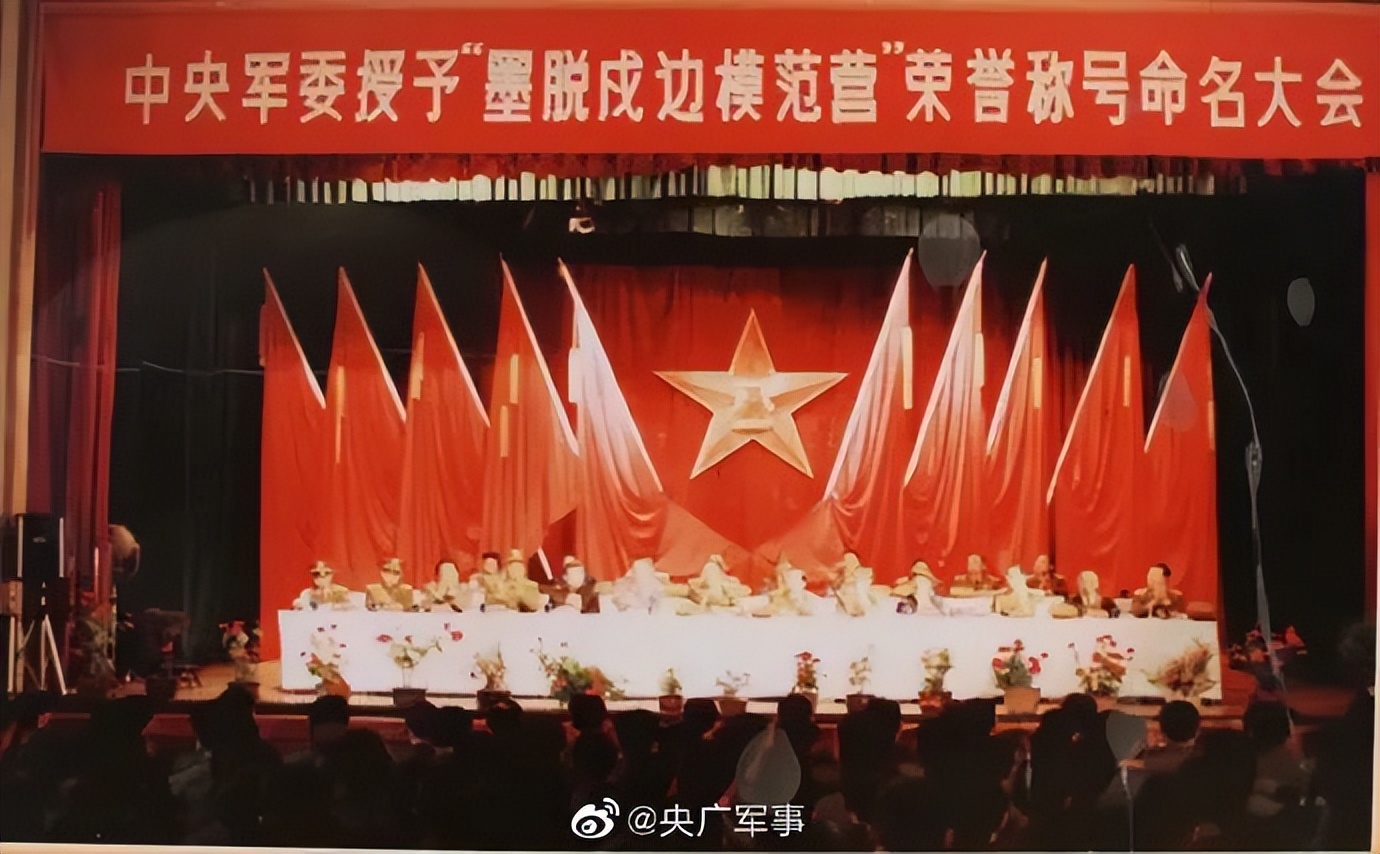Hong Kong media reports: China can promote rural revitalization according to local conditions
Author:Reference News Network Time:2022.08.18
Reference News Network reported on August 18. According to the Hong Kong "South China Morning Post" website reported on August 17, China is adapted to the promotion of rural revitalization due to local conditions, and the village of Hunan has changed dramatically.
At the nearly two -hour drive from the nearest city, a secluded village hidden at the end of the winding mountain road. A woman in the traditional clothing of Bai people watched the camera lens and sold the incense rice grown in the local area.
She said to the audience on the live e -commerce platform: "This rice is rich in nutrition and a sweet taste."
In the corner of the room, there are various handicrafts to be sold: blue backpacks, handkerchiefs, and tablecloths, all of which are dyeing processes that lasted 1500 years.
Outside the house, the orchards where the rice fields and the peaches and ugly oranges extended to the foot of the mountain, and the fields were sporadically distributed with chicken farms and pig farms.
About 10 years ago, this picturesque village in Wuling Mountain, Hunan Province was like a dead water, and the per capita annual income of the villagers was less than 1,000 yuan. Among the native young people in the village, about four -fifths went out to work.
Today, the revenue earned by Hequn villages through orchards, rice fields, and other collective projects each year exceeded 1 million yuan.
More than 97%of the villagers in Hequn Village are Bai people. In the past 10 years, this village has experienced a face -to -face economic transformation. In 2018, Hequn Village officially got rid of poverty, and now the per capita annual income of villagers is nearly 20,000 yuan.
The transformation of Hequn Village is also an early successful case of the Chinese rural revitalization plan. Since China announced its comprehensive victory in poverty alleviation in 2021, the government has put more focus on improving the living conditions of rural population and reducing the gap between urban and rural areas in China.
Targeted poverty alleviation actions and development suitable for local industries are important principles for rural revitalization plans. Hequn villages have found their own secrets of success, and some places are working hard to find business opportunities.
Huang Yinwu, an expert at Shanghai Jiaotong University, said that one of the most important ways to revitalize rural areas is to tell rural stories, especially in areas where the tourism industry plays an important role.
According to reports, since 2013, Eighteen Dong Village in western Hunan has become an important starting point for China's poverty alleviation operation, and it has quickly developed into a tourist attraction.
Local villagers invested funds, jointly developed the kiwi planting industry, and sold fruits to other parts of mainland China, Hong Kong, Macau and other places. The mineral water factory built in the village also helped solve employment in surrounding areas.
Long Xianlan, a villager in the 18th Dongcun Village who did not work in the past, received the opportunity to learn agricultural technology. He obtained a loan and set up beekeeping cooperatives in the local area. The annual output value was close to 2 million yuan.
An official of the Rural Revitalization Bureau of Hunan Province said that the terrain of Hunan is complex and rugged. To develop local rural areas, there is no "one -size -fits -all" method.
It is reported that the reason why He Qun Village and Baodong Village succeed in success is that they have found crops that are suitable for local cultivation and can be promoted in a large scale.
Party State Ying, a senior researcher at the Institute of Rural Development of the Chinese Academy of Social Sciences, said that the revitalization of rural areas and the modernization of agricultural production also depend on the expansion of scale. The practice of personal cooking farmland is usually not enough to change the economic appearance. Young people are often reluctant to abandon the work with higher income in the city, and instead engage in small -scale agricultural production in rural areas. This means that the goals need to be achieved through large -scale agricultural development.
He also said: "The development of rural areas cannot only depend on agriculture. Rural residents in developed countries usually have sidelines."
In February last year, the Chinese government said that the victory of poverty alleviation allowed 98.99 million rural poor people to escape poverty at the current standards, and all 832 poverty -stricken counties were removed.
In rural areas, there are more jobs to do. Huang Yinwu said that looking forward to the future, in order to achieve rural revitalization, it is necessary to tailor specific solutions for different regions.
He said that some villages have clear culture, history, or natural resources, and other villages need to find their own sustainable development methods.
- END -
District 9 and 9 counties (cities) joint enforcement!Harbin investigated and dealt with 206 traffic violations

From 20:00 to 24:00 on the 28th, the leadership team of the Harbin City Governance...
In the past 60 years, they dedicated their youth to Moqi!

This year isThe 60th anniversary of the Moden Border Model CampIt is also the 30th...